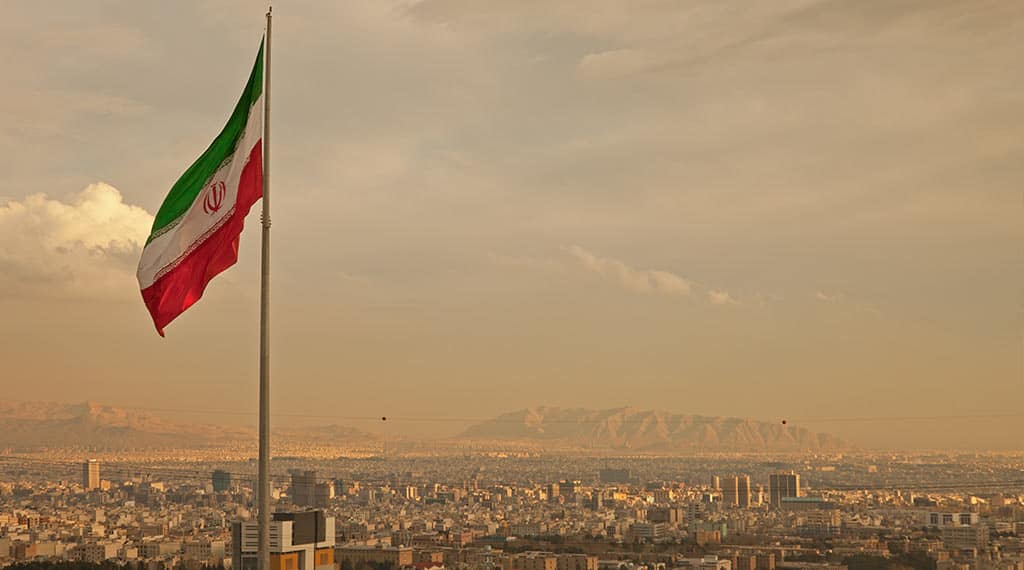
Throughout history, the Arab world has been a wellspring of intellectual brilliance and cultural ingenuity. From towering achievements in science, medicine and mathematics to profound contributions to art, philosophy and politics, the Arab civilization has long been recognized as a beacon of human progress. These accomplishments have shaped the foundations of modern societies and continue to inspire reverence for the ingenuity and wisdom of Arab peoples.
Yet, as I reflect on this storied heritage, I am compelled to wrestle with a profound contradiction. How can a region so rich in knowledge and strategic prowess, so deeply intertwined with the essence of human advancement, be plagued by political loyalties that appear to undermine its future? It is a question that comes to mind when I consider the enduring influence of the Islamic Republic of Iran and its policies in the Middle East since the 1979 revolution.
For more than four decades, Iran’s leadership has wielded its ideology and regional ambitions with a force that has reshaped the geopolitical landscape. But in doing so, it has also entrenched divisions and fostered instability, often at the expense of the people in neighboring nations. How did a nation steeped in history and culture arrive at a point where blind loyalty to a regime’s vision could lead to such sustained harm? This tension between a proud past and a troubled present deserves deep reflection from the region’s people and the world at large.
The enduring suffering that Lebanon has been subjected to by the Iranian regime stands as a profound and tragic testament to the destructive power of proxy politics. Once a beacon of cultural richness and intellectual vibrancy in the Middle East, Lebanon now finds itself, once again, crippled by the schemes of militias that serve not its people but the far-reaching ambitions of Tehran.
These militias, puppets in the hands of the Islamic Republic, act with impunity, furthering a foreign agenda that places the Iranian regime’s strategic interests above the well-being of Lebanese citizens. The devastation inflicted upon this once-beautiful country is not merely a result of local political missteps, but of a calculated and cynical manipulation by a regime that seeks to exert dominance through instability. The scars on Lebanon — social, economic and political — are the direct consequence of this allegiance to external masters, and the price has been paid in the shattered dreams of countless Lebanese.
- Mamdani’s Mayoral Bid Reflects Rising Alliance Between America’s Democratic Socialists and Radical Political Islam - August 18, 2025
- Jordan arrests a wake-up call to Muslim Brotherhood threat - April 21, 2025
- Giving Muslim Extremists a Pass Is Reflected in Canada’s New Guide to ‘Islamophobia’ - March 27, 2025
